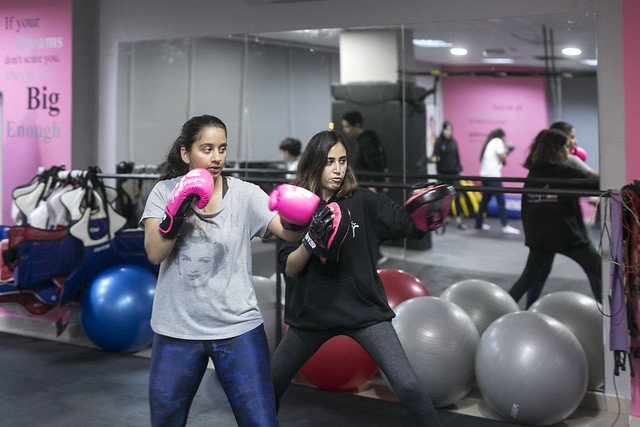Ten years ago, the Euro-Mediterranean Heads of States and Government launched the Union for the Mediterranean (UfM) in Paris, building on the Barcelona Process and bringing together 43 countries in a partnership built on co-ownership by all the participants with a view to addressing the common challenges facing the Euro-Mediterranean region, such as economic and social development; degradation of the environment, including climate change; energy; migration; terrorism and extremism; as well as promoting dialogue between cultures.
“Over these ten years, the Union for the Mediterranean has navigated high waters and has managed to consolidate its institutional capacity and to show that it is capable of contributing to the landscape of regional cooperation and integration”, said the UfM Secretary General, Nasser Kamel.












